 Market research is absolutely essential to the success of a brand. Imagine attempting to embark on a journey for gold with no map and no clue; that is the best way to describe the miserable turn one would be taking by not conducting market research. Besides the wealth of information about potential customers, current customers, competitors and the market, it allows entrepreneurs to determine the viability of an idea before enacting an ill-informed marketing campaign and resources to the venture. Essentially, it can save you from making a really bad decision. For example, back in 2010, chain retailer GAP went through a brand redesign and unveiled a new logo. Instead of modernizing their approach as they had hoped, the redesign was met with harsh criticisms and outcry; so much so that GAP went aback the old logo. We can see that conducting and utilizing market research could have saved GAP time and money.
Market research is absolutely essential to the success of a brand. Imagine attempting to embark on a journey for gold with no map and no clue; that is the best way to describe the miserable turn one would be taking by not conducting market research. Besides the wealth of information about potential customers, current customers, competitors and the market, it allows entrepreneurs to determine the viability of an idea before enacting an ill-informed marketing campaign and resources to the venture. Essentially, it can save you from making a really bad decision. For example, back in 2010, chain retailer GAP went through a brand redesign and unveiled a new logo. Instead of modernizing their approach as they had hoped, the redesign was met with harsh criticisms and outcry; so much so that GAP went aback the old logo. We can see that conducting and utilizing market research could have saved GAP time and money.
There are two types of market research to use. There’s primary information, which is research you have collected yourself or have commissioned to someone to collect for you, and there is secondary information, which has already been collected, read, written, edited and organized for you. With primary information, you either get exploratory or specific types of research data. Exploratory research usually comes in the form of things like a focus group: open-ended, concerning specific problem, unstructured interviews with long answers and from a small group. With specific research, there is more accurate focus, as it’s being used to help answer an issue that had arisen from the exploratory research. Interviews are structured and formal in approach. However, most of what you will research will be secondary information; things like reports and studies by government agencies, trade associations or other businesses.

There a number of places that offer market information that you can access, as well as numerous ways to conduct research yourself. For instance, if you were working on a more corporate level, the company might initiate the research themselves or hire a firm to conduct and pay the people who take part in it. However, you could also interview people on our own, going out and around to neighborhoods surrounding you almost like a canvasser and connect with people on a more personal level. For secondary sources of information, you can make great use of resources like pamphlets, newsletters, trade publications, magazines, and newspapers from government agencies, industry and trade associations, labor unions, media sources, chambers of commerce and the like. Of course, there are options online now that make things exceedingly easier than before. Resources like ThomasNet, Harris InfoSource MarketResearch.com and KnowThis.com, which all offer insights into trends of industry and marketing, are great additions to a diet of business reference books and census reports.

Market Research may be steeped in what has already passed, on a history level, but it is still of the utmost importance. Look at it this way. You could walk onto a basketball court, having never played a second of organized sports and, with only YouTube clips and games on cable as your guide, and you might score a point or two, if not jus by dumb luck. However, if you want to continue playing and growing into a more viable option as team contributor, you’ll have to learn a lot more about the game and who you’re playing this game with or against. In this analogy, we can find the role that market research has come to fill for budding companies and brands that understand that they have to add more plays to the arsenal. By definition, market research is “the process of gathering, analyzing and interpreting information about a market, about a product or service to be offered for sale in that market, and about the past, present and potential customers for the product or service; research into the characteristics, spending habits, location and needs of your business’s target market, the industry as a whole, and the particular competitors you face.” In so many words, good market research should result in completely and totally understand the idea/concept at hand.









